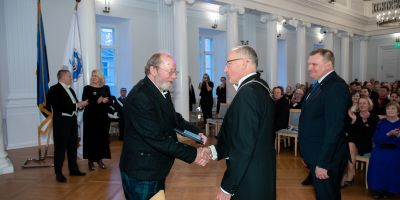First episode of the Global Health Histories Podcast now live

The Global Health Histories podcast series seeks to enhance understanding of the historical context of health challenges facing the word today.
The podcasts bring historians of international and global health into conversation with medical researchers and policymakers, examining the cultural, economic, political, and social contexts which shaped past health interventions. Each podcast examines a specific case study of contemporary relevance, addressing not only medical research and the prevention or amelioration of disease and debility, but also health-related policy and diplomacy. The series’ aim is to highlight the potential of historical research to aid national and global medical communities in responding to, and communicating about, the challenges of the present in order to shape a healthier future.
Episode 1 is entitled ‘Framework Convention for Tobacco Control: Global Perspectives from the WHO’, and features Professor Sanjoy Bhattacharya interviewing four people who were involved in negotiating this convention, or who currently support global tobacco regulation:
- Kate Lannan, senior lawyer at the WHO FCTC Secretariat
- Doug Bettcher, senior advisor to the WHO Director-General
- Hebe Gouda, epidemiologist leading the WHO global tobacco epidemic report
- Alison Commar, demographer monitoring global tobacco prevalence
They highlight the FCTC's role in reducing global tobacco use, with adult prevalence dropping from 33% in 2000 to 21% in 2022, and discuss the MPOWER technical package, which outlines effective tobacco control measures. The conversation also addresses ongoing challenges, such as tobacco industry interference, and emphasizes the need for continued global collaboration, enforcement of tobacco control policies, and civil society support to combat the tobacco epidemic, which still claims 8 million lives annually.
In 2025, its 20th year, the FCTC is celebrated as a vital tool for public health, environmental protection, and economic sustainability.
You can find out more and listen to the podcast on the project webpage.




